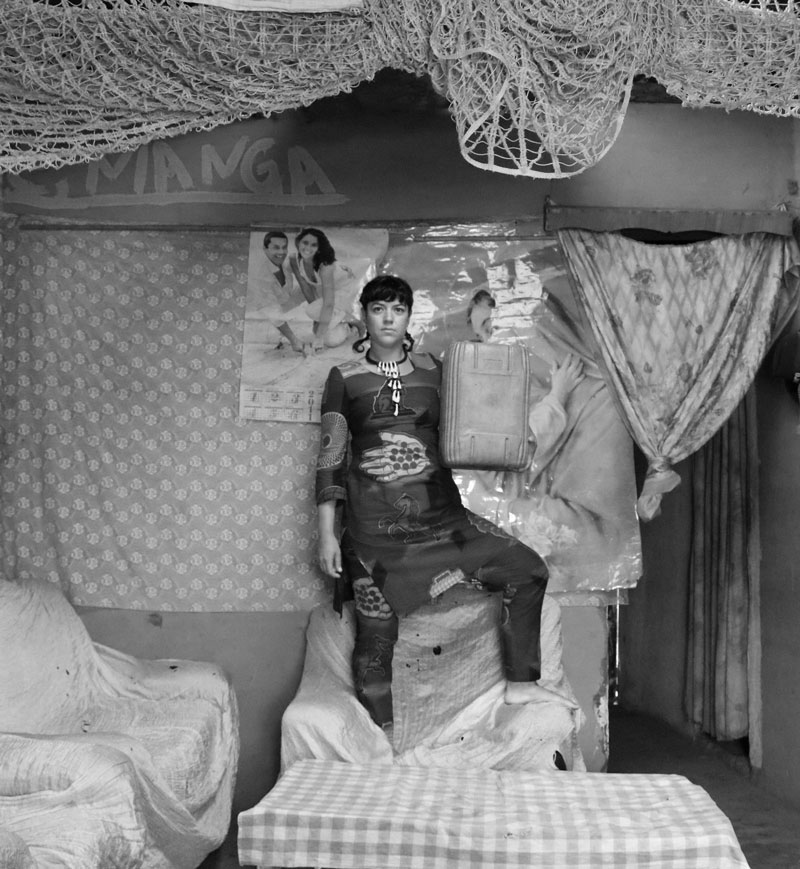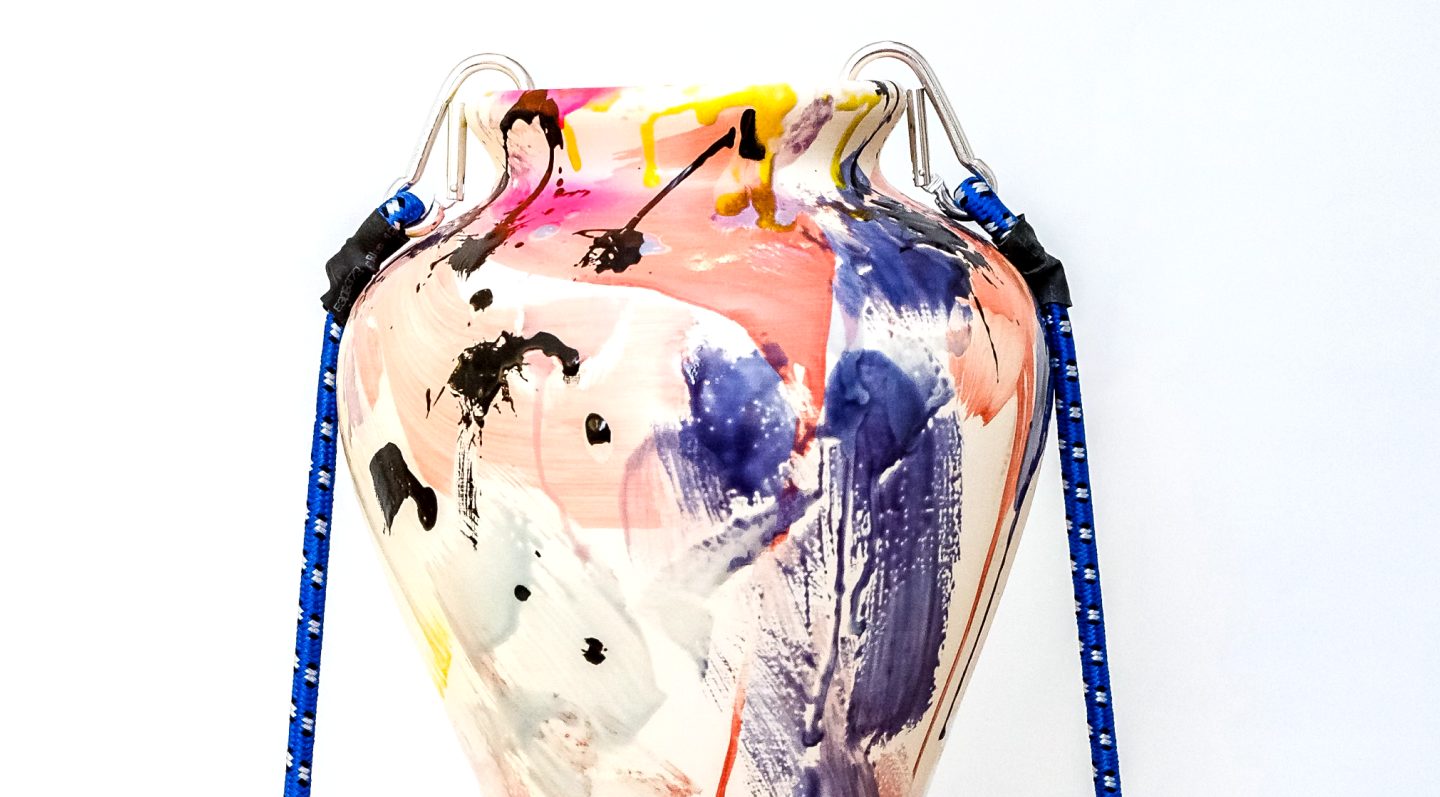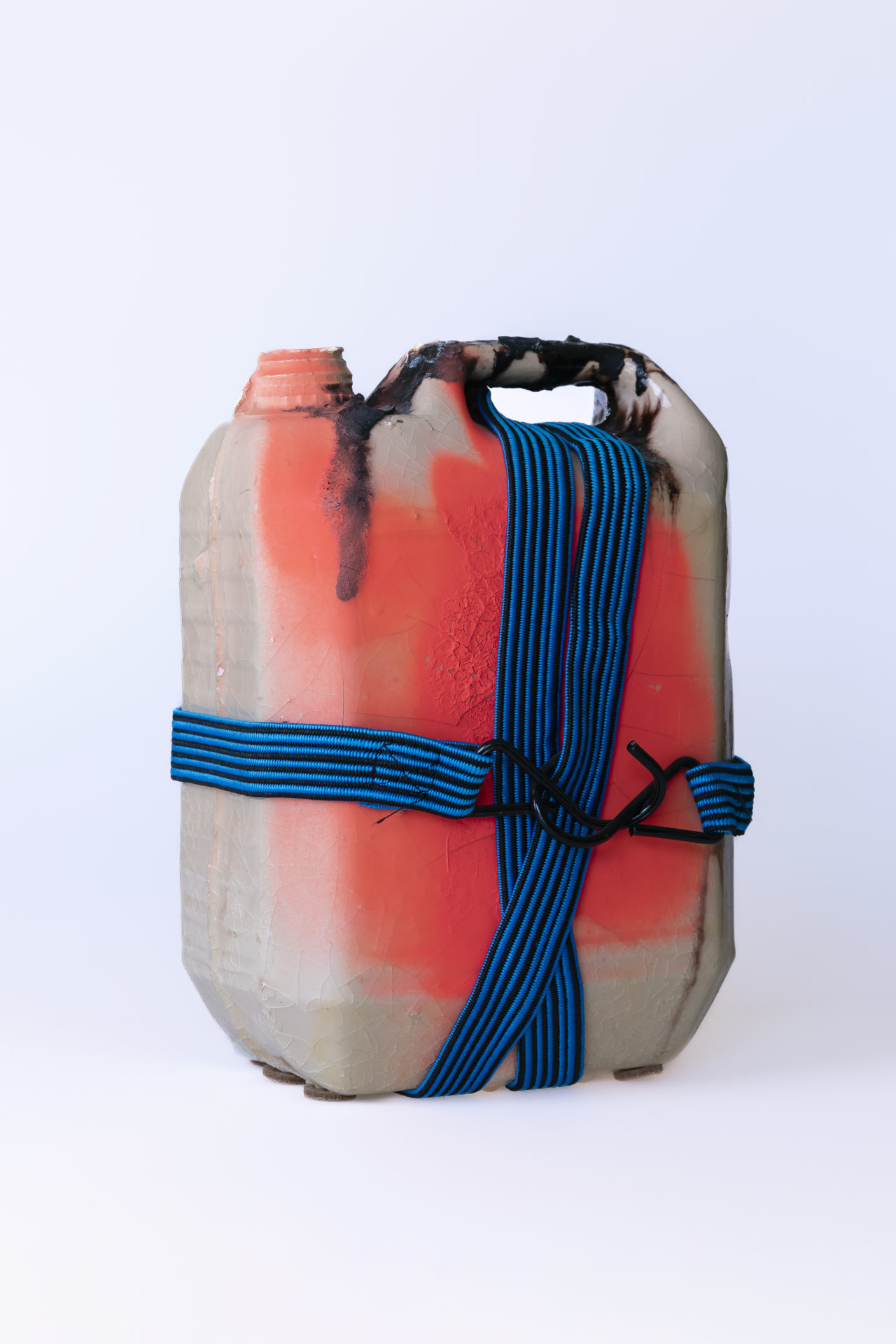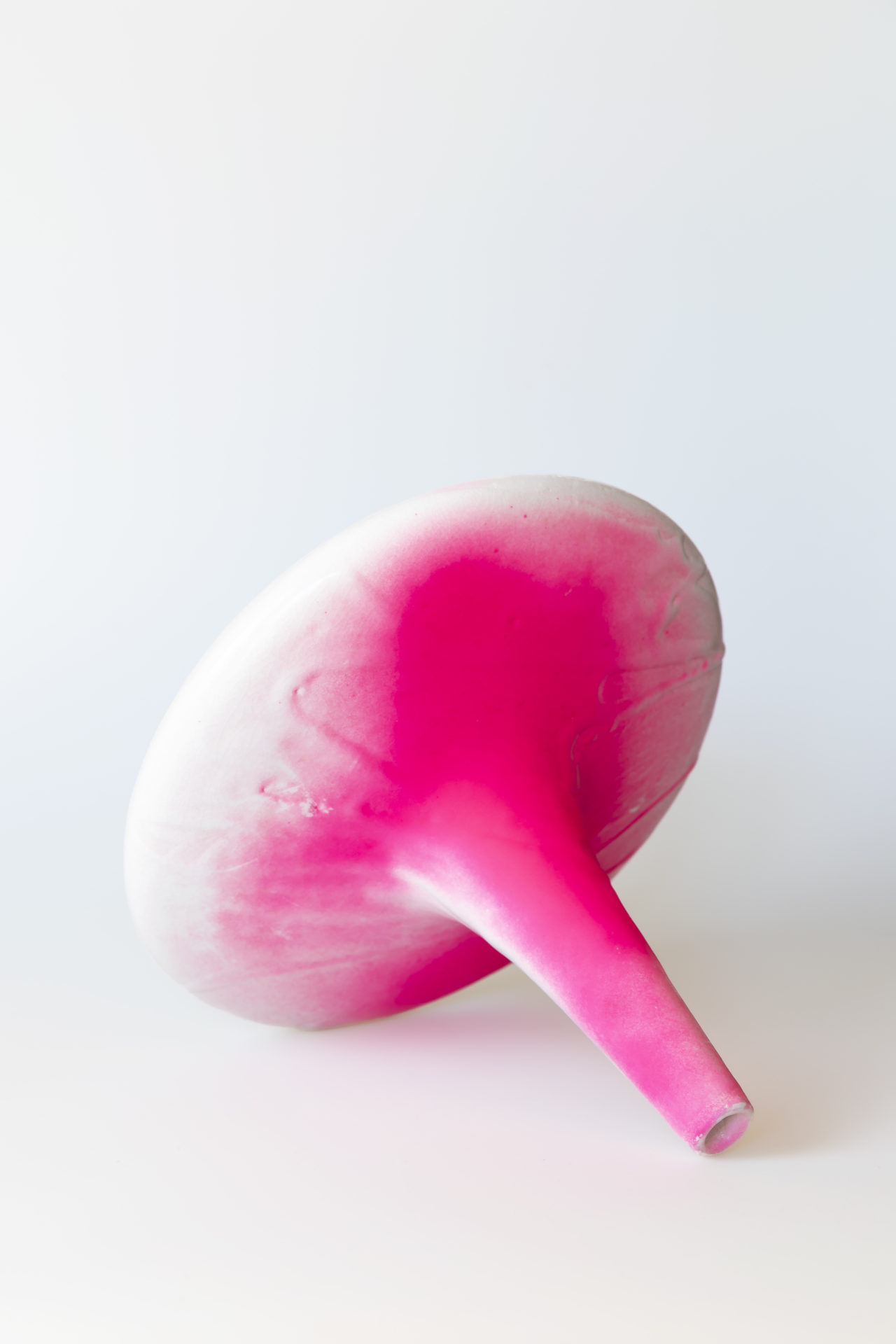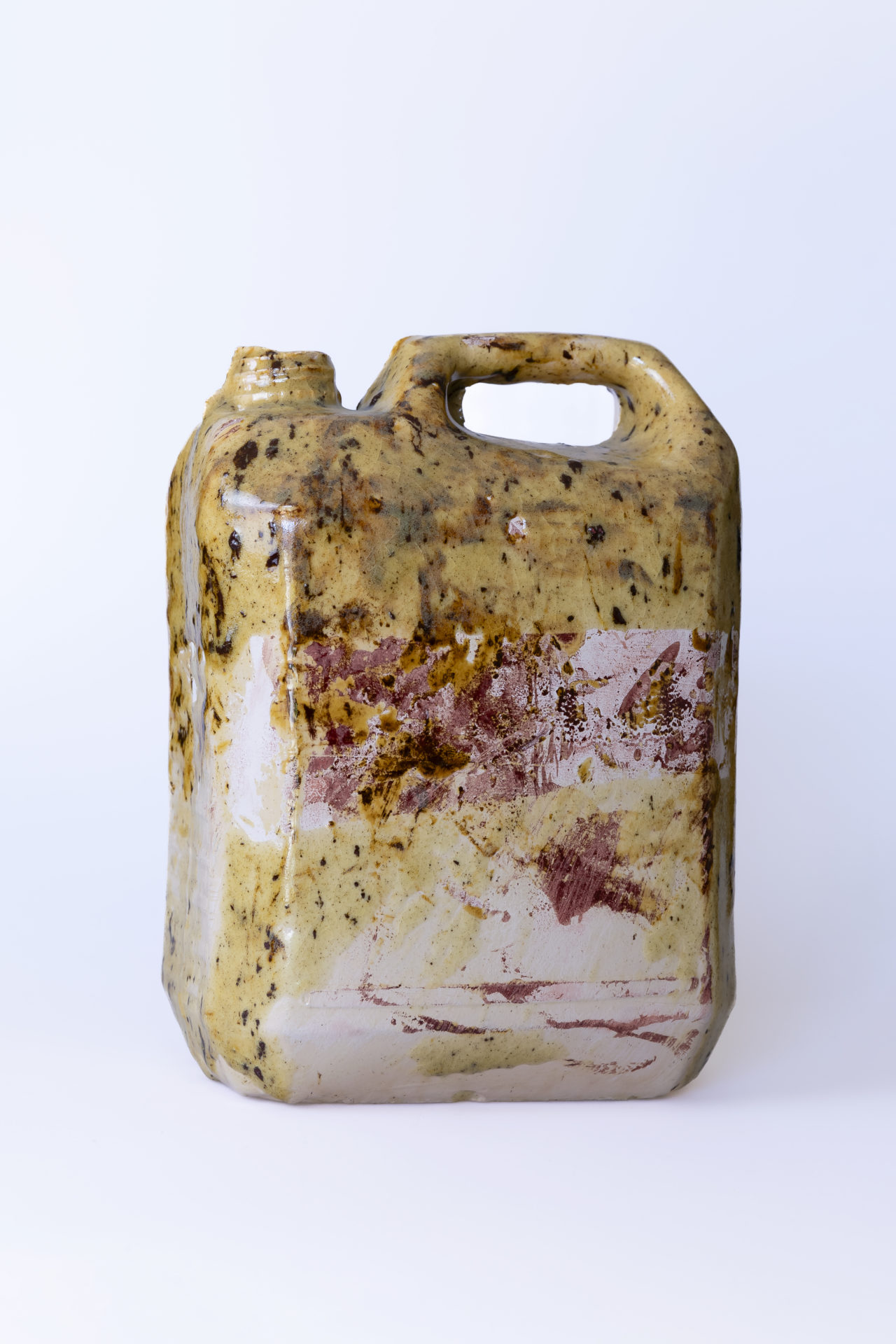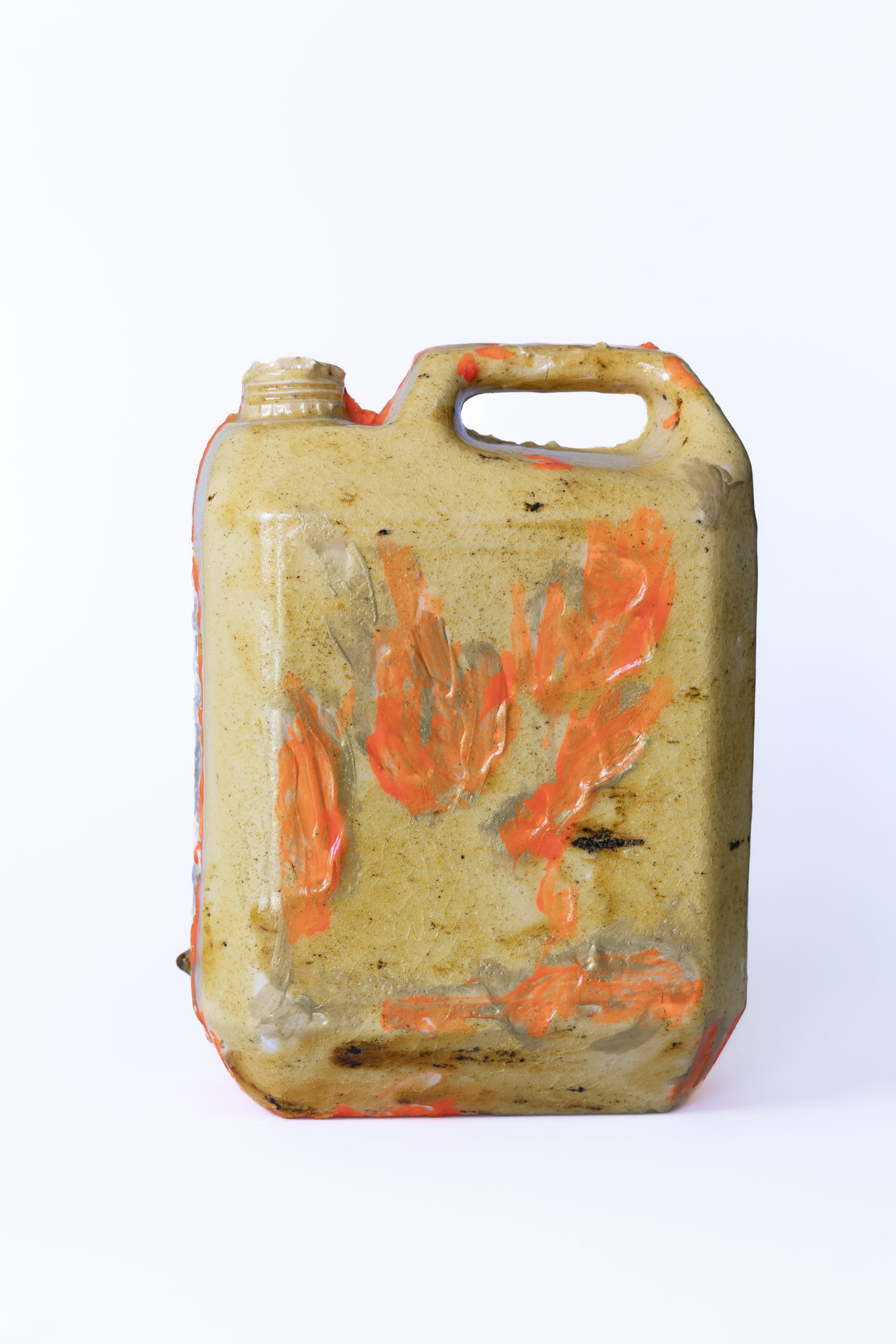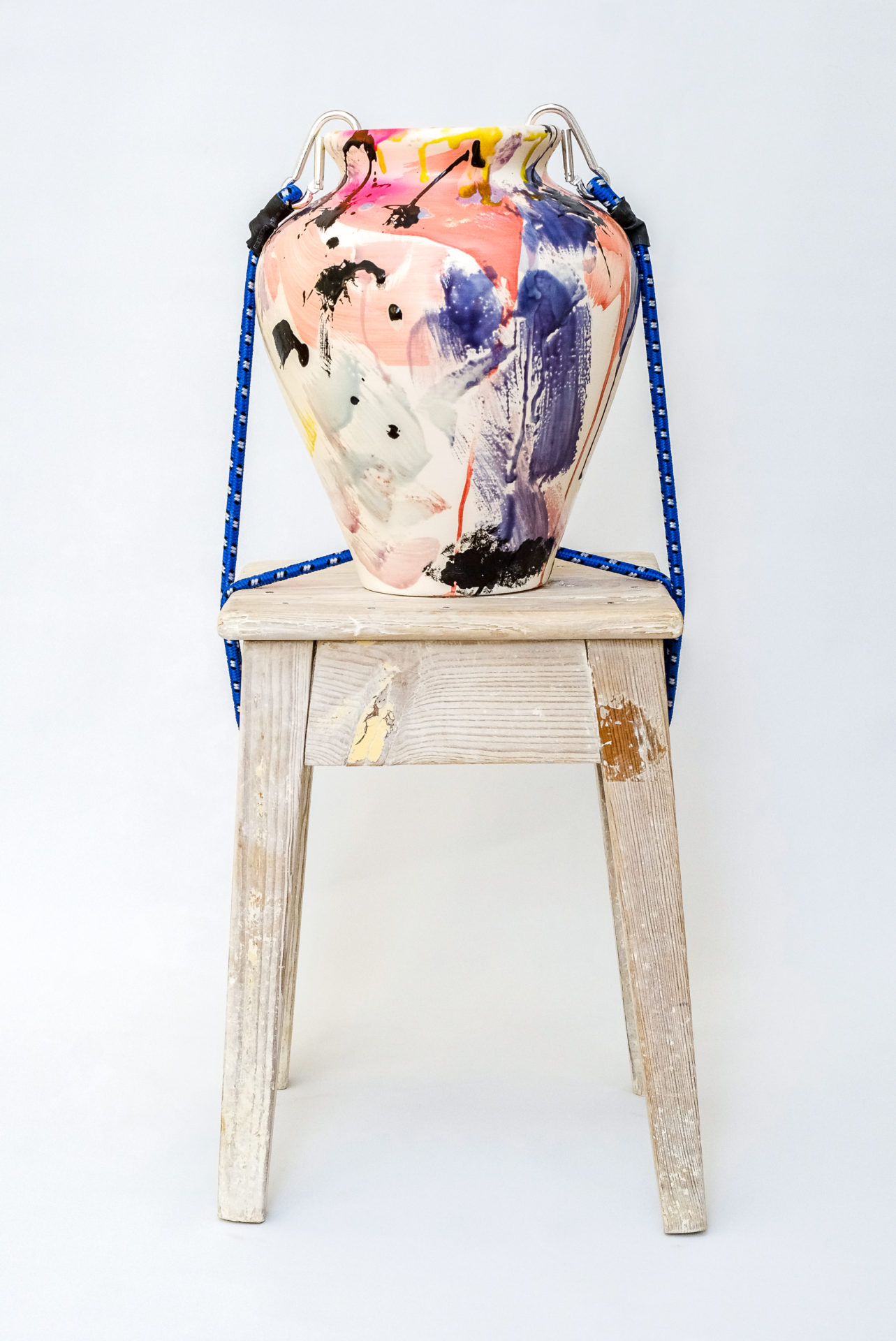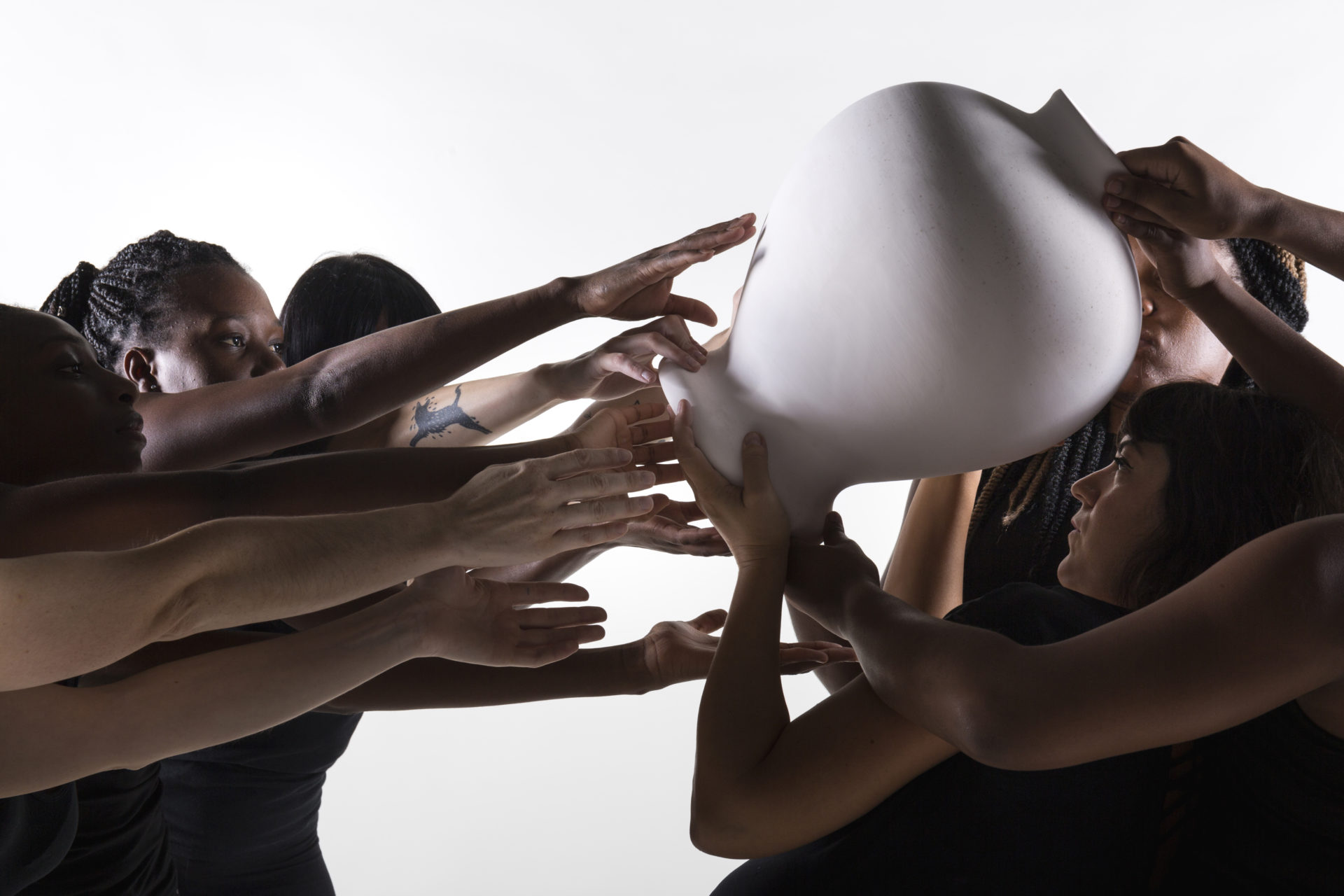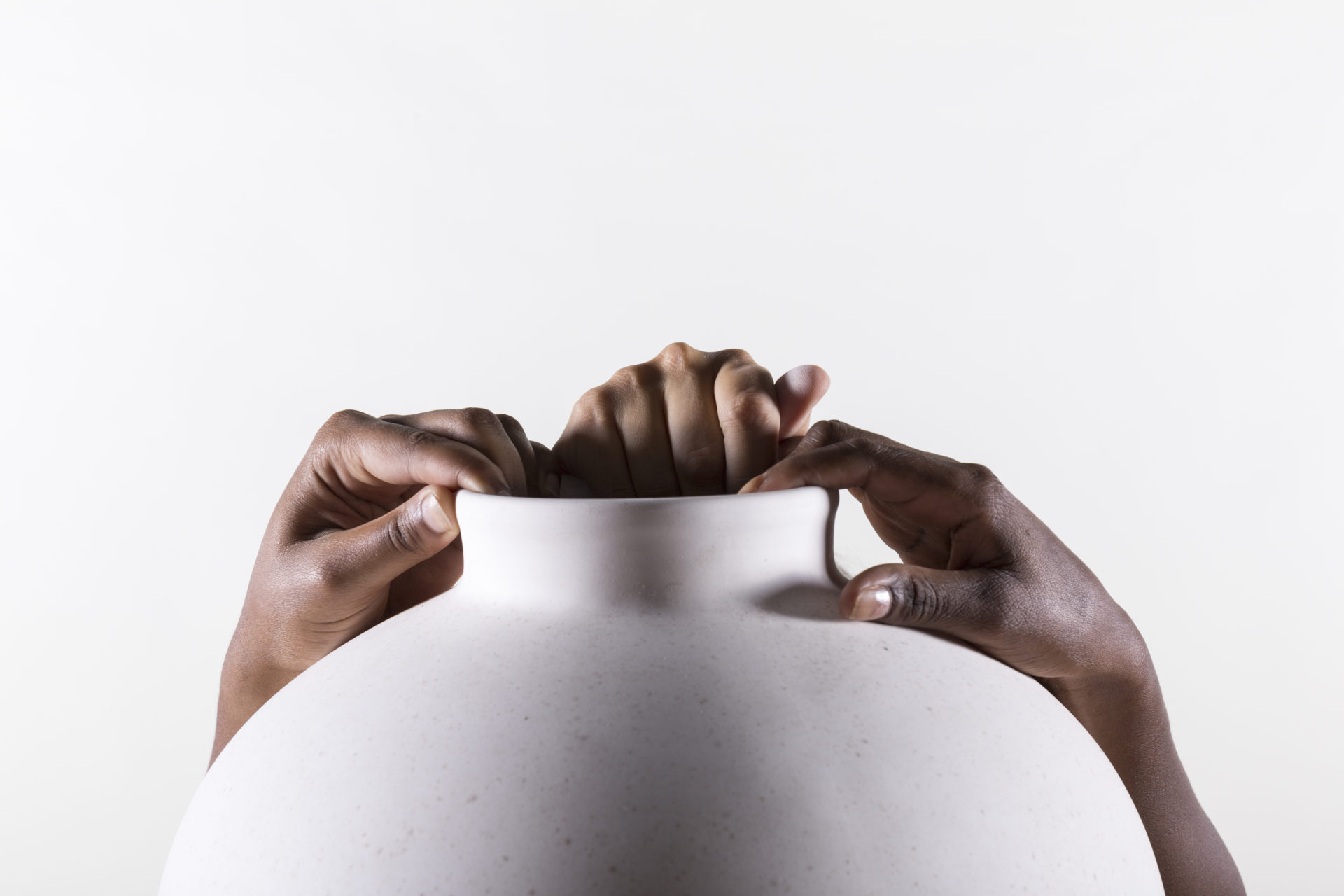Rita GT (Porto, 1980) is based in between Portugal and Angola. She holds a degree in Communication Design from the Faculty of Fine Arts (University of Porto, Portugal), concluded the advanced course in Visual Arts at Maumaus School of Visual Arts (Lisbon, Portugal) and undertook the MA in Fine Arts in Malmö Art Academy (Lund University in Malmö, Sweden).
Rita GT is a critical and intervening artist, approaching themes such as memory, identity or the importance of human rights. Having lived in many different countries enables her to have a broader vision, valuing the historical points of view of a wide range of cultures. The colonial symbolism that is recurrent in her work defines her own identity and artistic language. The artist uses imagery, words, and performance revealing a constant interrogation and experimentalism in both material and conceptual aspects.
Rita GT is the founder of the e-studio Luanda project and the commissioner for the Angolan Pavilion, curated by António Ole at the 56th Venice Biennale (2015). She’s being working actively between Portugal and Angola, managing and curating several projects. Her work is represented in several public and private collections internationally.
